Uncategorized
-
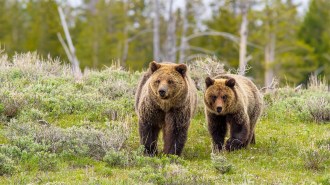 Science & Society
Science & SocietyWill the Endangered Species Act survive Trump?
President Trump has already begun to introduce changes that weaken the Endangered Species Act, a cornerstone of U.S. conservation law.
By Amanda Heidt -
 Artificial Intelligence
Artificial IntelligenceAre AI chatbot ‘personalities’ in the eye of the beholder?
Defining AI chatbot personality could be based on how a bot “feels” about itself or on how a person feels about the bot they’re interacting with.
By Sujata Gupta -
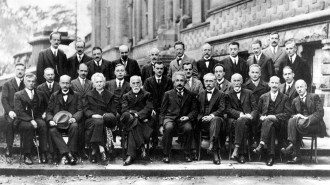 Quantum Physics
Quantum PhysicsQuantum mechanics was born 100 years ago. Physicists are celebrating
Quantum physics underlies technologies from the laser to the smartphone. The International Year of Quantum marks a century of scientific developments.
-
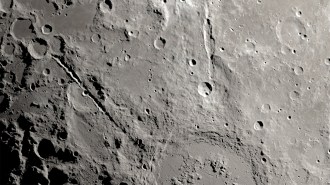 Planetary Science
Planetary ScienceThe moon’s two grand canyons formed in less than 10 minutes
Two gargantuan canyons on the moon were carved by a hailstorm of rocks — and that’s good news for future lunar astronauts.
-
 Health & Medicine
Health & MedicineToxic dangers lurk in LA, even in homes that didn’t burn
Urban wildfires like LA’s make harmful chemicals from burning plastics and electronics that can make indoor air dangerous for months.
-
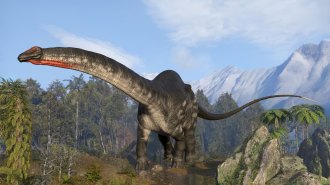 Life
LifeA new book explores the evolutionary romance between plants and animals
Riley Black’s new book, When the Earth was Green, uses the latest research to envision the ancient worlds of our favorite prehistoric animals.
-

Math puzzle: Imagine there’s no zero
Solve the math puzzle from our February 2025 issue, based on the number system of mathematician James Foster.
By Ben Orlin -
 Health & Medicine
Health & MedicinePlastic shards permeate human brains
A study of microplastics and nanoplastics in brains shows an astonishing increase over time.
-
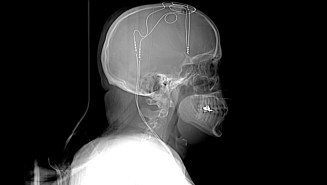 Health & Medicine
Health & MedicineWelcome to The Deep End, a new podcast about brain implants and depression
This new six-part podcast follows the lives of people with severe depression who volunteered for deep brain stimulation.
-
 Anthropology
AnthropologyAn African strontium map sheds light on the origins of enslaved people
While genetic tests can reveal the ancestry of enslaved individuals, strontium analysis can now home in on where they actually grew up.
-
 Health & Medicine
Health & MedicineA new kind of non-opioid painkiller gets FDA approval
The new drug, called Journavx, is a non-opioid for treating short-term moderate to severe pain.
-
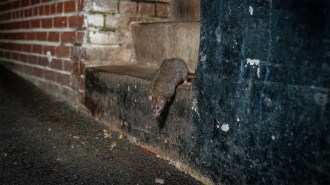 Animals
AnimalsHotter cities? Here come the rats
Well, rats. A study of 16 cities shows that higher ambient temperatures and loss of green space are associated with increasing rodent complaints.